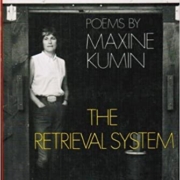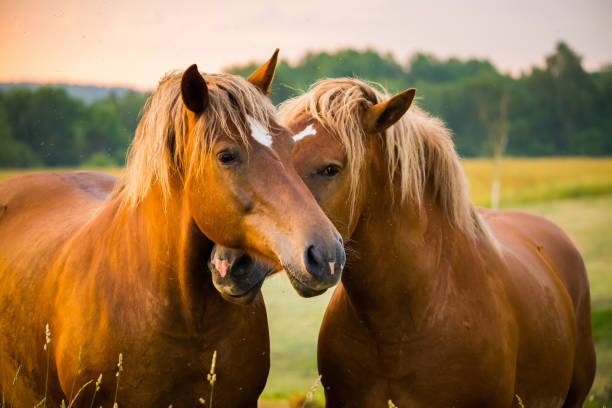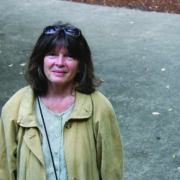Jack Gilbert, 1925-2012
 I have been telling myself, each week, that next week will be less busy; next week I will get more writing done. But each week quickly fills up with things to do: bad report cards, doctor’s appointments, eye appointments, visits to the veterinarian. Sometimes, good things: a call from an old friend, a poetry reading, a lovely lunch with my mother and sister, a choir concert. Even so, each morning I get up and try to put in some time on my novel rewrite. I pack it up and carry it with me. When I look back on these months, working on the novel will be one part of it. I have felt harassed, too busy, not joyful enough, but I already know that I will remember it differently, as a process I let myself be part of. My children’s lives; my mother’s life; my life. All good.
I have been telling myself, each week, that next week will be less busy; next week I will get more writing done. But each week quickly fills up with things to do: bad report cards, doctor’s appointments, eye appointments, visits to the veterinarian. Sometimes, good things: a call from an old friend, a poetry reading, a lovely lunch with my mother and sister, a choir concert. Even so, each morning I get up and try to put in some time on my novel rewrite. I pack it up and carry it with me. When I look back on these months, working on the novel will be one part of it. I have felt harassed, too busy, not joyful enough, but I already know that I will remember it differently, as a process I let myself be part of. My children’s lives; my mother’s life; my life. All good.
So, in that spirit, of “Failing and Flying,” here is an old favorite of mine, from poet Jack Gilbert.
FAILING AND FLYING
Everyone forgets that Icarus also flew.
It’s the same when love comes to an end,
or the marriage fails and people say
they knew it was a mistake, that everybody
said it would never work. That she was
old enough to know better. But anything
worth doing is worth doing badly.
Like being there by that summer ocean
on the other side of the island while
love was fading out of her, the stars
burning so extravagantly those nights that
anyone could tell you they would never last.
Every morning she was asleep in my bed
like a visitation, the gentleness in her
like an antelope standing in the dawn mist.
Each afternoon I watched her coming back
through the hot stony field after swimming,
the sea light behind her and the huge sky
on the other side of that. Listened to her
while we ate lunch. How can they say
the marriage failed? Like the people who
came back from Provence (when it was Provence)
and said it was pretty but the food was greasy.
I believe Icarus was not failing as he fell,
but just coming to the end of his triumph.

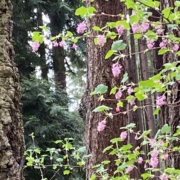
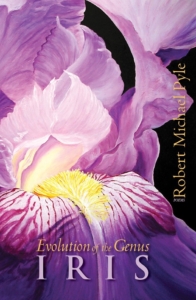 A second northwest impulse inspired by the bookshop — while browsing their poetry shelves, I found
A second northwest impulse inspired by the bookshop — while browsing their poetry shelves, I found 